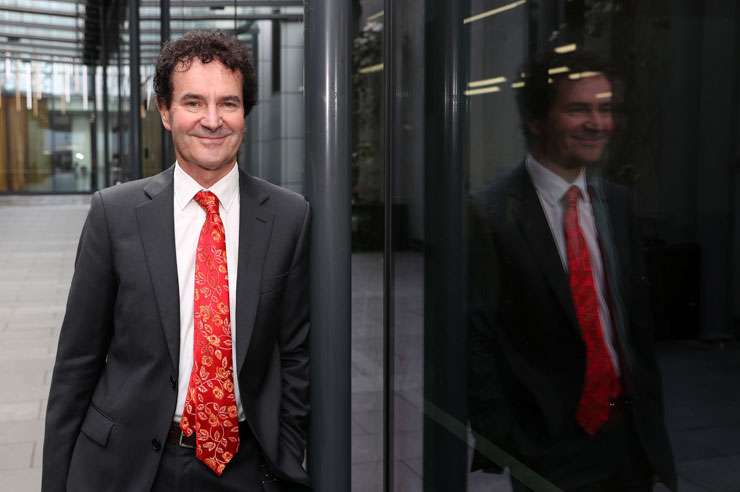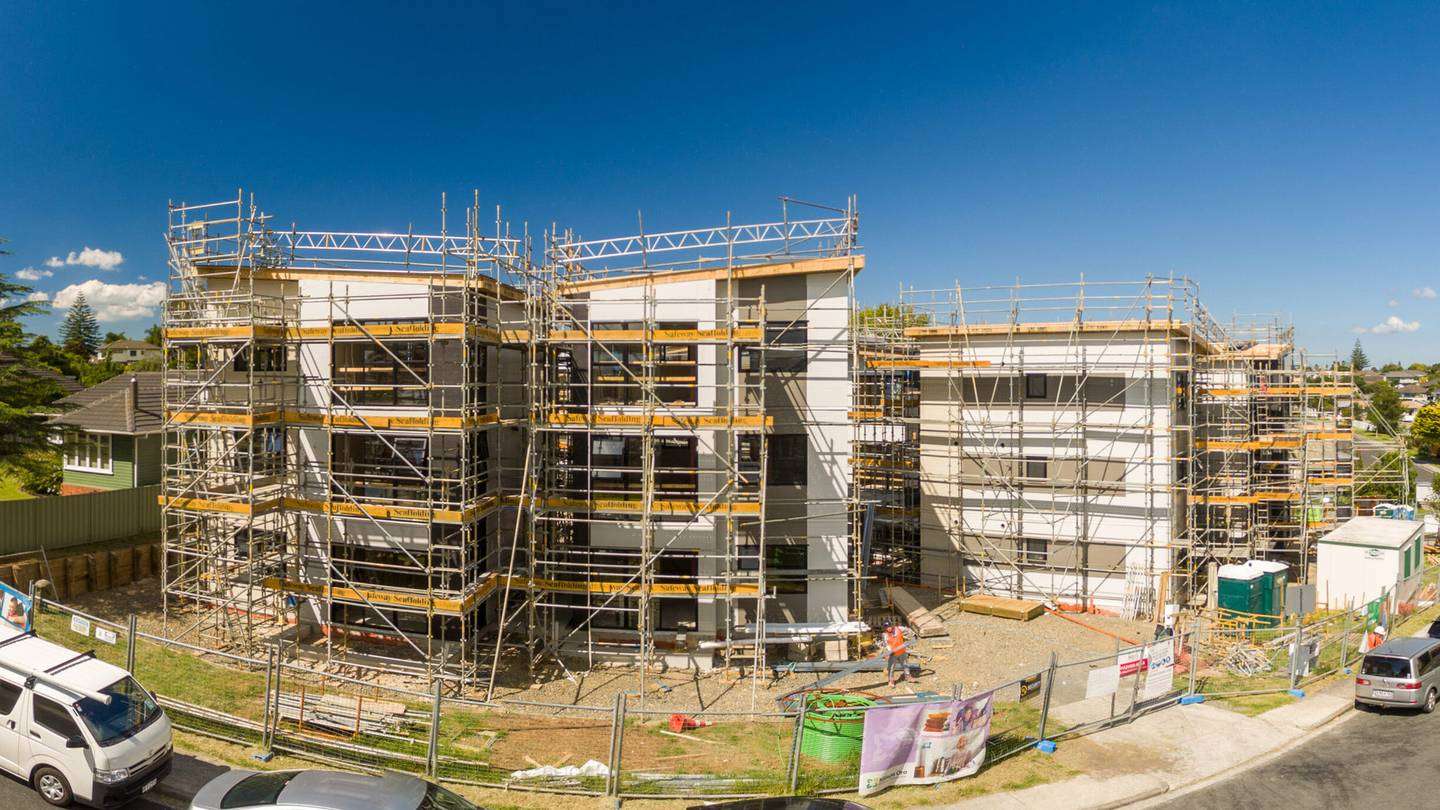Construction costs are rising at an exponential rate, putting unprecedented pressure on building companies.
Independent economist Tony Alexander warns that smaller firms are at risk of going bust, a scenario that could leave many homeowners and contractors in the lurch. “Within two to three years, we're going to see a wave of collapses."
A lot of "inexperienced, undercapitalised people" had tried to ride the construction boom and were now facing challenges on multiple fronts, including hikes in material costs, supply chain delays, staff shortages and a tightening of credit.
“It is going to lead to quite a number of builders going under. And not just the builders – contractors and suppliers too,” Alexander says. “There are going to be cashflow difficulties for these businesses.”
Start your property search
A big concern for banks and builders alike will be off-the-plan property contracts signed 12 or 18 months ago, Alexander says. “I've already heard feedback from mortgage advisors that some of the finance is being pulled for off-the-plan purchases because of the new CCCFA [Credit Contract and Consumer Finance Act] requirements and rising interest rates. A builder might think, ‘I've sold 85% of the units in the development’, but they haven't actually.”
Labour woes too are likely to worsen, says Alexander. “If they think they’ve got a problem at the moment, wait until the borders properly open up and a whole generation of young kids go to Australia.”
James Wilson, director of valuation at OneRoof’s data partner Valocity, paints a similar picture. “New Zealand’s building industry is not set up for construction on a massive scale, so it doesn't take much, in terms of delays or rising costs, to derail a project and push smaller firms into deep trouble.”
New Zealand saw a spike in building business closures in July and August, with around 1400 firms going under in August alone. Justin Lester, government director for data analysts Dot Loves Data, says the closures exceed those seen during the GFC.
Insolvency expert Iain McLennan, of insolvency practitioner McDonald Vague, says the recent closures are related to legacy issues and that current pressures in the sector haven’t yet hit. “We think [formal liquidations] are being held artificially low and are likely paused while the government continues to inject significant sums into locked down areas,” he says.

Economist Tony Alexander: "There are going to be cashflow difficulties for these businesses." Photo / Fiona Goodall
McLennan believes rising construction will make it difficult for builders to deliver on fixed rate contracts. Responsible builders, he says, will turn down work or advise clients of delays, but “some builders will chase each job, even when they don’t have the ability to finish it”.
“The smaller builders won’t have the purchasing power or the inventory that the larger participants may have,” he says.
Currently, builders are left with little or no room to move financially. Too often customers choose the cheapest bid, which typically only covers costs, or require a fixed price contract.
If builders are to survive, some projects will need to be repriced by agreement, McLennan says.
It is not commercially realistic for customers to expect builders to bear all the risks and then be upset when the builder fails, he says. Room needs to be left in contracts so the builder can charge through unexpected price increases. “On the other side builders need to meet deadlines and not over commit.”
The elephant in the room for New Zealand is the large number of small construction businesses contracted to build Kāinga Ora homes across the country on fixed term contracts.
Kāinga Ora is the largest contractor of builders nationwide in the residential space and its contracts are usually fixed price.

One of the Kāinga Ora developments hit by the recent liquidation of a contractor. Photo / IMB
Last week news broke that a modular apartment business that won a $20 million contract with Kāinga Ora had gone into liquidation, abandoning two Auckland sites with partially finished blocks of homes. One industry source told the New Zealand Herald that the homes were supposed to cost about $4000m2, but in reality, cost double that.
Multiple industry figures have expressed concern about Kāinga Ora contracts, although many have said that Kāinga Ora is aware of the magnitude of the issues.
David Kelly, chief executive of the Registered Master Builders Association, say what Kāinga Ora is doing is important, “but at the same time, they’ve got constraints of the resources. One of the criticisms has been that they are forcing us into fixed price contracts, when everyone knows that prices are going up. And that is not fair.”


